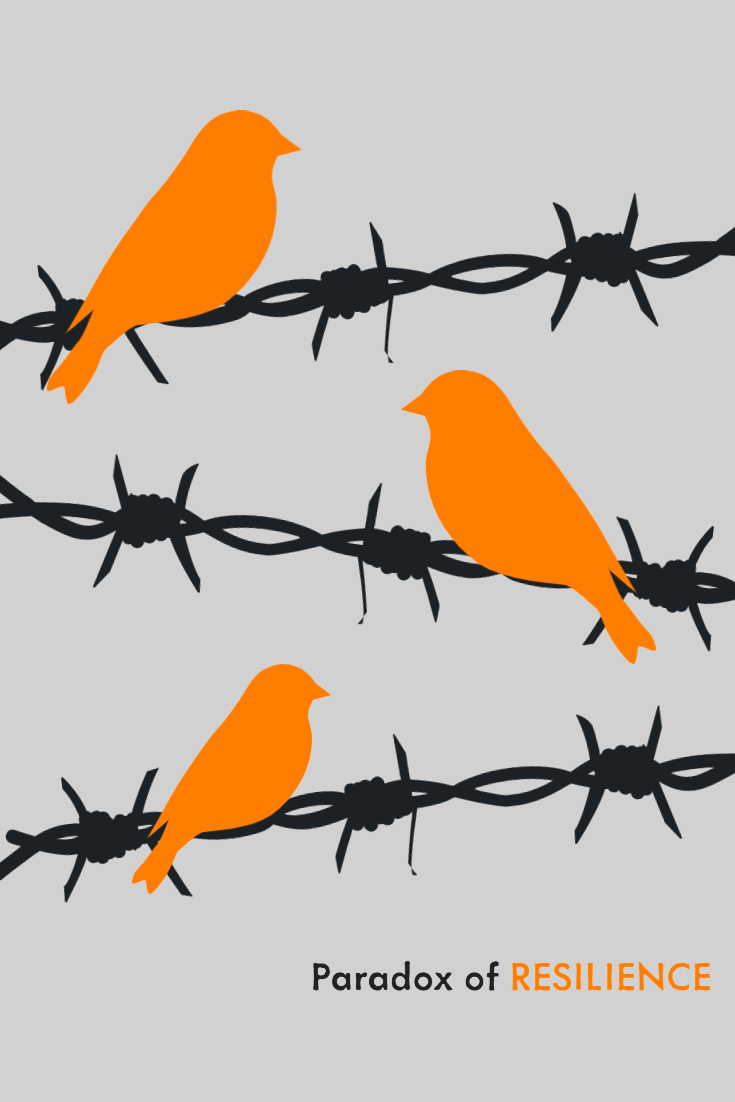
The Paradox of Resilience
By Paul Hagen, Director of Student Well-Being
Resilience is paradoxical. We all want it—those who have it, after all, are happier, live longer, and are more successful by almost every measure—but none of us want the adversity that breeds it. None of us want to face pain, failure, difficulty, loss, or disappointment. But we simply cannot build resilience without going through difficult times. Resilience isn’t really learned, instead it has to be earned. With COVID-19 continuing to spread in our region, a hotly contested and contentious election still fraying emotions and straining friendships, and continued isolation as we remain in remote school, we have all faced plenty of adversity in 2020. And while none of us would have chosen this adverse year, we can all develop greater resilience in the midst of it. It is in the toughest moments that we are called upon to persevere. Resilience is not about resisting difficulty, insulating ourselves from challenge, or railing against what is wrong in our lives or the world around us, rather it is about moving through difficulty and challenge with grace, grit, and gumption; it’s about endurance. As Winston Churchill, someone who knew a thing or two about adversity, famously quipped, “If you are going through hell, keep going!” Easier said than done, but there are concrete ways we can do just that and emerge on the other side better for it and with greater resilience than ever before.
Here are three ways to face adversity and build resilience:
- Don’t Do Difficult Alone. Living in grief, pain, or disappointment is often very lonely, but it doesn’t have to be. Just as relationships can fracture under stress, they can also strengthen. In times of trouble, prioritize community, build connection, and invest in friends and family. Share your challenges with those you trust and avoid going it alone. If you are in crisis reach out to someone you trust—a family member, counselor, etc.—for help.
- Attitude Matters. Wallowing in self-pity helps precisely no one. Yes, life can be hard and there are certainly times to mourn loss, confront heartache, and reflect upon disappointments, but taking a positive mindset promotes resilience. Take the long view. Life is full of ups and downs, but things will get better. Practice gratitude. Write down all the things and people you are thankful for and put the list somewhere you will see it often. When you find yourself feeling extra stressed, anxious, or upset, read through the list again to remind yourself of all the good in your life. Laugh everyday—even on the hard ones.
- Practice Self-Care. Meditate, journal, exercise, eat well, pursue activities that give you pleasure, and get plenty of sleep. Focus on your own needs and work to meet them. Take time just for yourself everyday—even just 30 minutes of intentional self-care each day can change a hopeless outlook to a hopeful one.
These are indeed challenging times, but in them we all have the opportunity to develop our own resilience.

